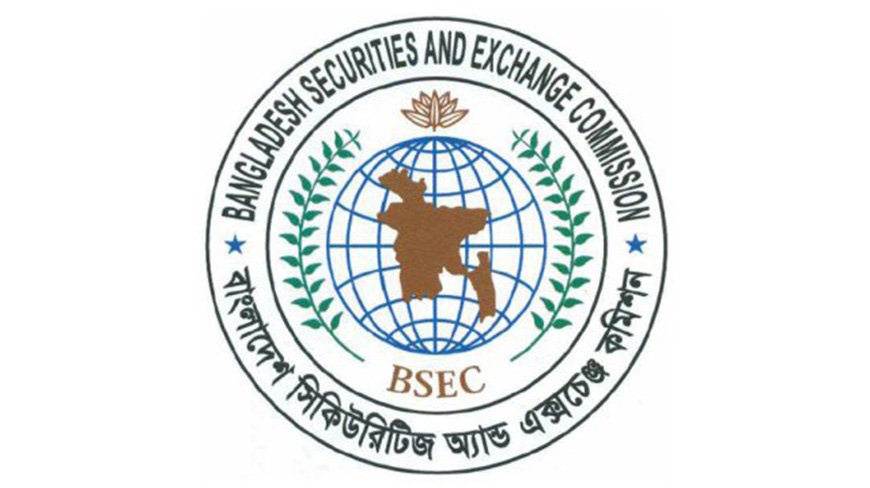
Bangladesh Securities and Exchange Commission recently proposed a lockup provision of 3 years for all shareholders in the cap-table pre-IPO amidst volatility and bearish sentiment in stock markets, provoking such demand from stock exchanges. The policy will have wide-ranging implications to the budding startup scene as well as impact the broad economy. Prior to commenting further, let’s review the Pre-IPO lockup regime prevailing in the region vis-vis Bangladesh:
IPO Lockup Regime: Subset of Emerging Asia
| Country | Lockup for Private Placement | Market CAP (USD) | Market Cap/GDP |
| Vietnam | 1-year lockup | 165 Bn | 68% |
| India | 1-year, exempt for registered Private Equity funds | 2051 Bn | 76% |
| Indonesia | ~ 8 months, depends on IPO price vs pre-IPO placement price | 446 Bn | 44% |
| Philippines | Typically 6-12 months | 303 Bn | 100% |
| Bangladesh | TBD, proposed as 3 year | 40 bn | 15% |
*Based on RBCITS and CEI Data
The countries that had 3-year lockup provisions have repealed/ are in the process of replacing it in favor of a shorter lockup horizon given numerous challenges. Such provision also impacts the appetite of quality issuers for IPO funding and may result in promising ventures forming off-shore entities and listing in foreign markets with the favorable regulatory regime.
Below are the potential implications of such lockup provision:
• Reduced appetite for private placement: companies which are not yet IPO-ready will be unable to raise external equity financing. Combined with liquidity issues in the local financial system, this can create a serious funding crisis for early stage companies
• Lower availability of risk capital: pre-revenue/technology companies with high initial burn-rate will find it difficult to attract funding. Venture capital and private equity investors will find it challenging to remain invested in a company for over 10 years (5-6 years of typical holding period, minimum of 1 year for IPO processing, and 3 years of post IPO lockup; additionally if the market conditions post lockup period is not attractive, it potentially can lead to increased holding period). Given that funds typically have a 10-year-horizon, this provision will essentially make managing private equity funds unviable.
• New age companies (Tech and non-tech startups) will be unable to attract quality human resources given similar issues; typically, startups attract high caliber professionals by offering employee share ownership Plan (“ESOP”), where employees need to remain with the company and create value for the pre-stipulated timeframe(usually 5/6 years) . If a 3-year-lockup provision is applied to these shares, it will entail in reduced appetite for ESOP scheme.
• All of the above would lead well-funded startups redomiciling outside Bangladesh and establish off-shore entities with the funding they receive (already a trend). It was also evident when India or other emerging countries had similar provisions. These companies will later list in foreign exchanges and their eventual success will not benefit Bangladesh’s, Capital Market.
• The companies who receive private placement/private equity funding remain committed to listing in the stock exchanges. Otherwise successful fundamentally sound companies may lose the incentive to list
Before considering possible alternative, let’s reflect on the current situation of the stock market, which has prompted key stakeholders to demand a slew of measures including this extended lockup provision:
The public equity market’s bearish sentiment can be attributed to several drivers. The prevailing liquidity situation and high-interest rate regime are obviously not boding well for equities. Further, BDT has not depreciated as much as other currencies in the region and many analysts working for foreign investors consider the currency a bit overvalued, which lead them to invest with caution. Additionally, there are a handful of stocks large institutional investors can consider given the valuation levels, corporate governance, sector outlook, management team quality, etc. Therefore, in my opinion, rebalancing is a key challenge in Bangladesh stock market since price appreciation and co-movement will mean that after a certain level, investors will just cash-in and wait for correction due to the limited investible universe cited above.
Given the context, extending lockup provision solely can’t benefit the situation. Rather, stress should be given on creating an environment where private investors will guide promising ventures to succeed and ultimately those companies will enrich the league table of listed companies. A differentiated lockup regime will serve the intent of the policy makers much better where those who are responsible for driving the corporate results remain motivated to do so due to extended lockup regime, while passive investors/actors are provided with a faster exit route which will eventually create a vibrant capital market down the line.
• Segregate the Pre-IPO cap-table (shareholder list) among promoters (those who take executive decision); strategic investors (investors who has expertise in similar business and contribute to the operations); long term passive investors (those who remained invested for over 3 years and the management team-includes promoters and strategic investors-agreed on a prespecified exit period); employee shareowners; and short term investors
• The lock-up provision for promoters and strategic investors (the ultimate insiders) can be the longer; ideally, that should not be limited in years but tagged to the implementation of the expansion project which will be funded from IPO. Furthermore, the bonus shares issued to these shareholders should have a similar lock-up feature.
• The lockup feature for long term investors should not be more than 1 year.
• Employee shareowners should not be locked up for more than 1 year.
• Short term investors can be locked up depending on their holding period. Minimum of 3 year holding period should be ensured for investors holding a certain % of shares (above 5%) and 1 year for everyone else.
